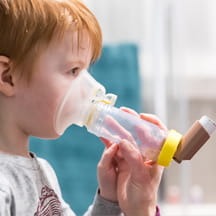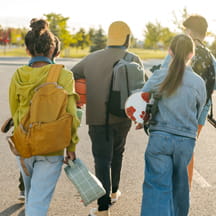A study conducted by researchers at the University of Rochester Medical Center (URMC) in collaboration with several other universities indicates that breastfeeding women with COVID-19 do not transmit the SARS-CoV-2 virus through their milk, but do confer milk-borne antibodies able to neutralize the virus.
The study, "Characterization of SARS-CoV-2 RNA, antibodies, and neutralizing capacity in milk produced by women with COVID-19," published in February in the journal mBio, analyzed 37 milk samples submitted by 18 women diagnosed with COVID-19. None of the milk samples were found to contain the virus, while nearly two thirds of the samples did contain two antibodies specific to the virus.
This study provides evidence that COVID-19 positive mothers should not be separated from their newborn children. At the onset of the pandemic, major health organizations have often provided contradictory advice on whether this separation was necessary. This report offers new clarity on guidance for post-natal mothers.
"We only want to sequester a mother from her baby if it's medically necessary," said co-investigator Bridget Young, Ph.D., assistant professor in the Department of Pediatrics at URMC, "However, the issue was very confusing for practitioners who don't have sufficient evidence. These early results suggest that breast milk from mothers who have had a COVID-19 infection contains specific and active antibodies against the virus, and that they do not transfer the virus through milk. This is great news."
The Bill and Melinda Gates Foundation provided more than $130,000 for this research. The full research team included scientists from the University of Rochester School of Medicine and Dentistry, Brigham and Women's Hospital and Harvard Medical School, and Washington State University. The team now has enrolled nearly 50 women who were diagnosed with COVID-19 and has followed their progress with the disease for as long as two months.
The study was initiated to address the lack of existing research into COVID-19 in breastmilk. The next steps will be to see if the initial results are the same in larger samples. "This work needs to be replicated in larger cohorts," Young says. "Additionally, we need to understand if the COVID-19 vaccine impacts breast milk in the same way."


